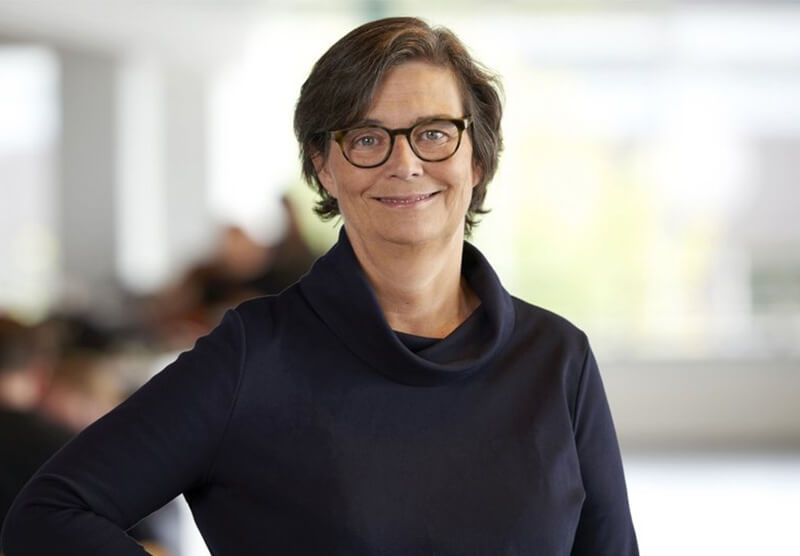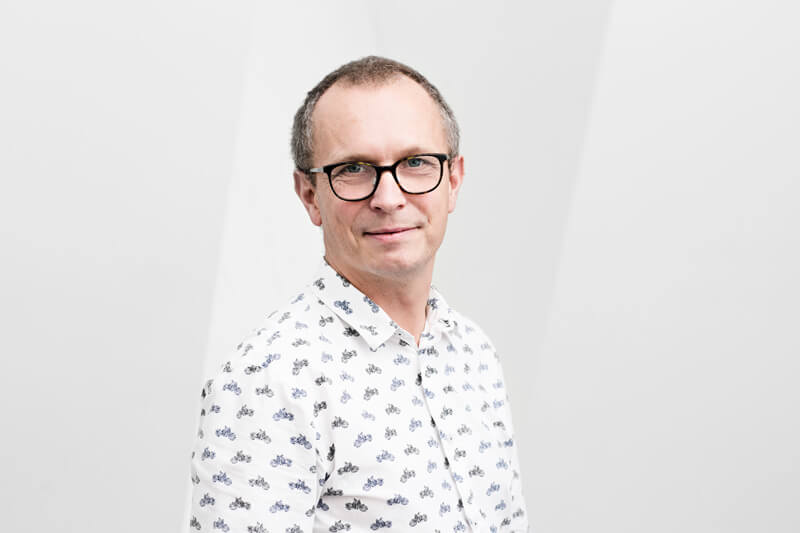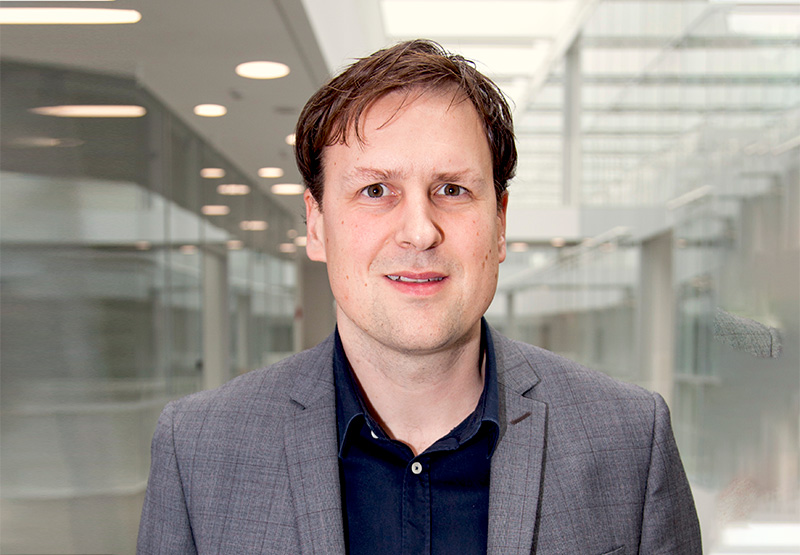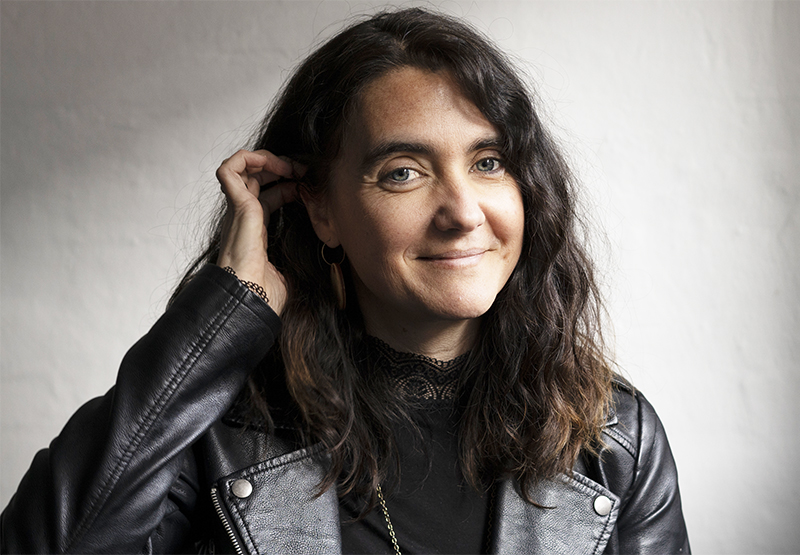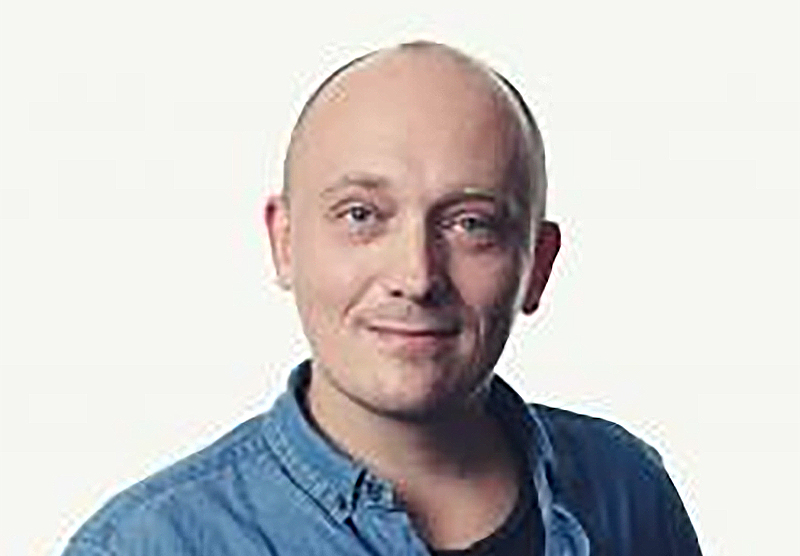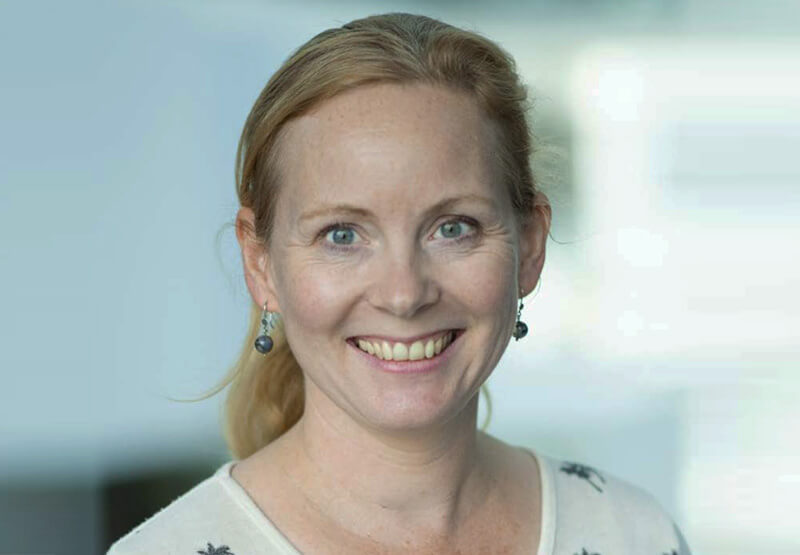
REWORK – The future of hybrid work
Remote and hybrid work will certainly be part of most work practices, but what should these future work practices look like? Should we merely attempt to fix what we already have or can we be bolder and speculate a different kind of workplace future? Together with companies, this project seeks a vision of the future that integrates hybrid work experiences with grace and decency.

